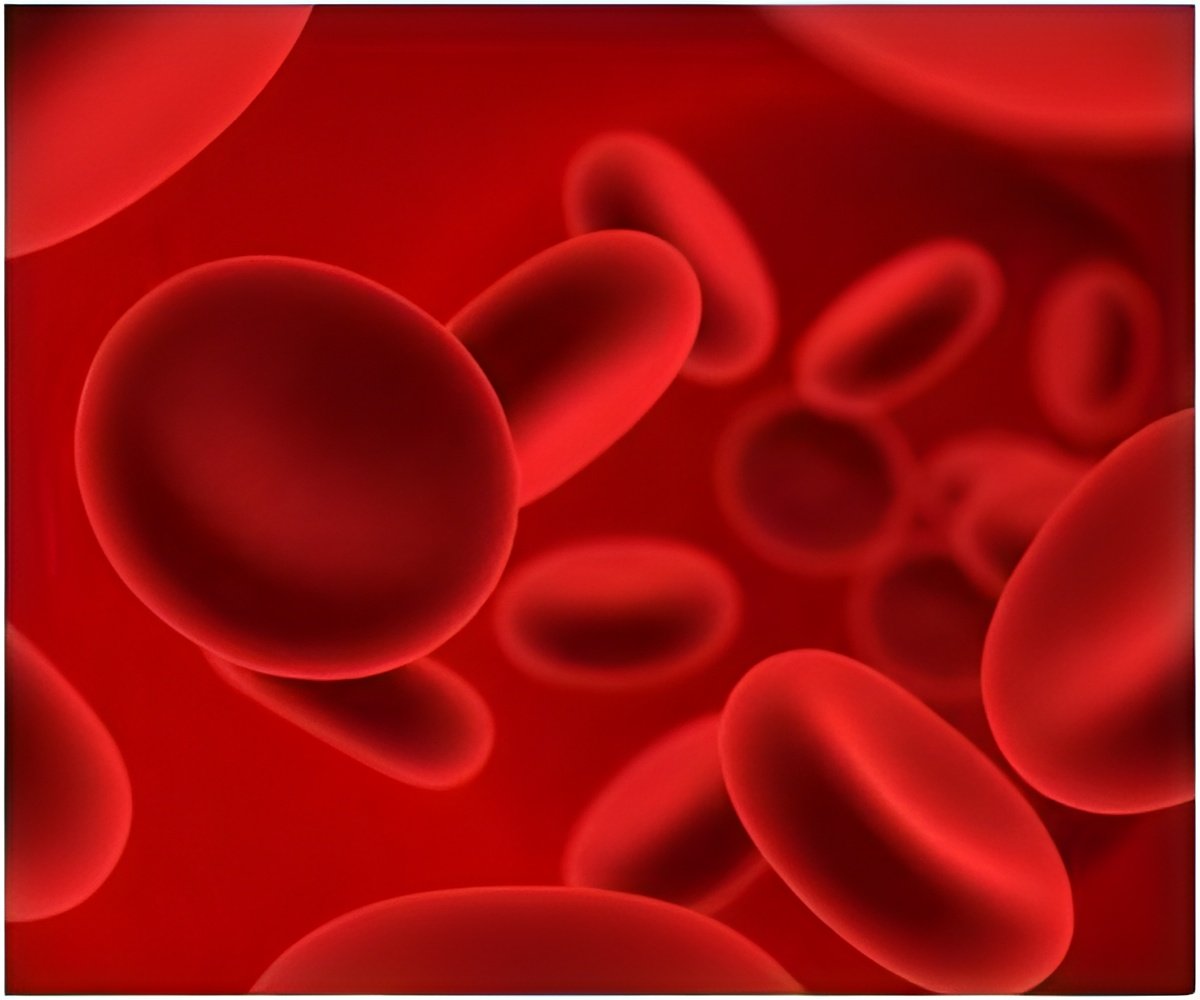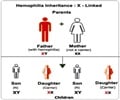In a recent study an association between immune system suppression and blood vessel formation was established.

"For the first time, we are realizing that the two programs angiogenesis and immune suppression are co-regulated and the two programs are mediated by the same cell types," Coukos says. "This creates new therapeutic opportunities, since the study reveals that in order to effectively suppress angiogenesis, one should also suppress a type of immune cell, called regulatory T cells.Thus, commonly used anti-angiogenesis therapies should be combined with therapeutic maneuvers that eliminate regulatory T cells."
Following hints that there might be cross-talk between the two systems, first author Andrea Facciabene, PhD, research assistant professor of Obstetrics and Gynecology, and colleagues grew ovarian cancer cells under normal oxygen conditions or low oxygen (hypoxic) conditions. When the team looked for differences in the proteins called chemokines secreted under the two growth conditions, they found that one signaling molecule, CCL28, was more abundant in low oxygen cultures. CCL28 was also commonly expressed in hypoxic areas of tumors in animal models.
The Penn investigators found that CCL28 recruited regulatory T cells (called T-regs) in experimental situations. Because T-regs suppress local immune responses, including immune cells that kill tumor cells, the researchers hypothesized that CCL28 signaling could induce immune tolerance. In fact, when they looked at tumors grown in animal models, they found that tumors engineered to express CCL28 grew significantly faster than tumors lacking CCL28 expression.
Together the data suggest that hypoxic conditions suppress the immune reaction through T regulatory cells while promoting blood vessel formation. Therefore, to get the most out of anti-angiogenesis drugs, clinicians might need to combine them with drugs that block T-regs.
"The tools to eliminate T-regs effectively are not presently available in the clinic, but the field is definitely advancing, with several candidate strategies currently being tested," Coukos said.
Advertisement
Source-Eurekalert















